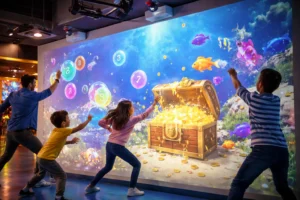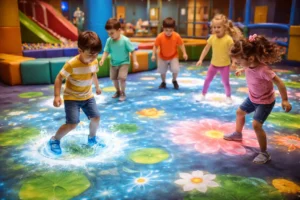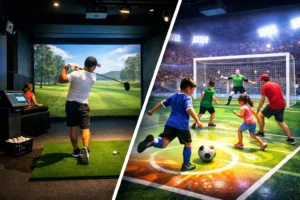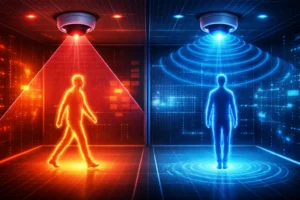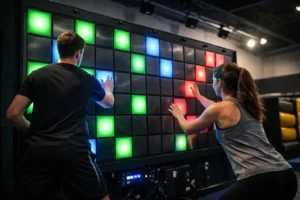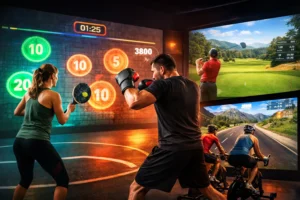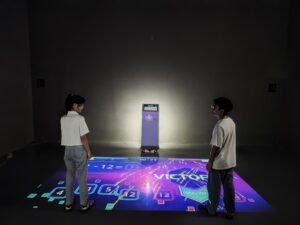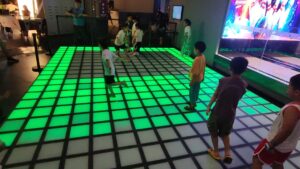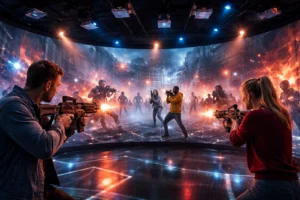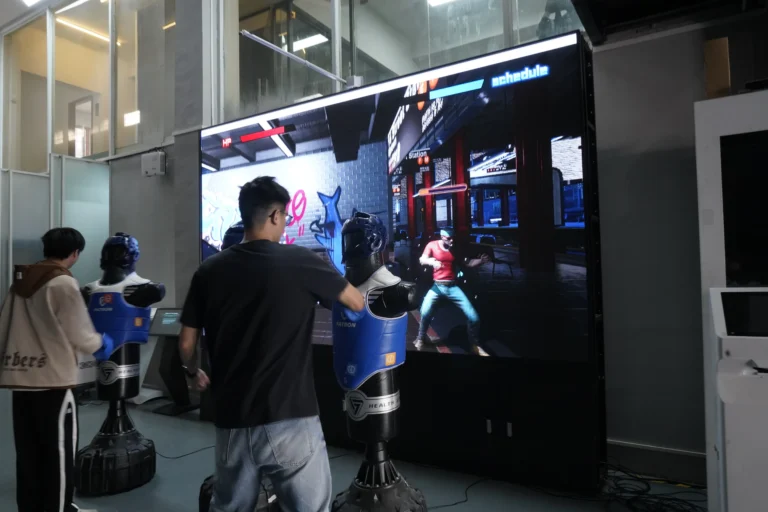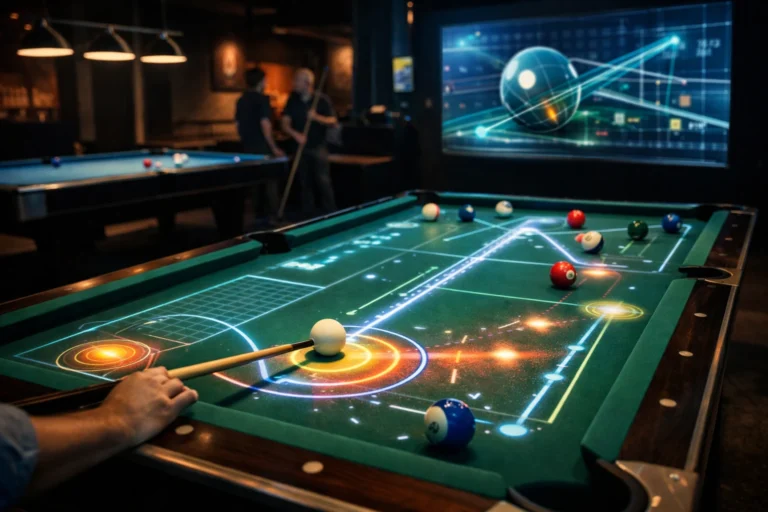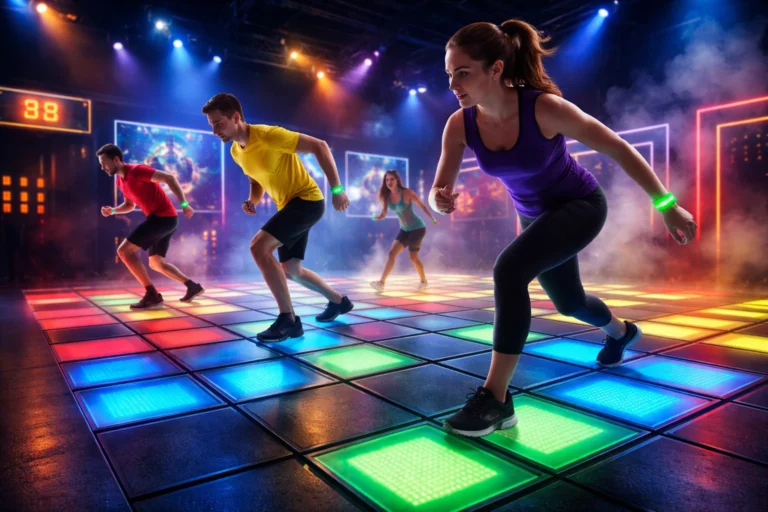What is the concept of an interactive museum? ✨
An interactive museum is no longer just a passive gallery where visitors observe artworks. Instead, it is a system that merges projection mapping, immersive lighting, sensor-based games, and multimedia storytelling to make each visitor a participant. Unlike traditional spaces, interactive illusion museums emphasize movement, touch, sound, and play, transforming the experience into a multi-sensory journey.
At onecraze (🌐 onecrazemedia.com), we help venues design these interactive systems by integrating the latest software, hottest projection technology, and the best supplier-grade hardware to ensure smooth operations. Whether the goal is to boost ticket sales, improve visitor engagement, or create unforgettable brand memories, this concept redefines what museums can achieve.
Will the illusion museum make you dizzy? 🎭
One of the most popular visitor concerns is: “Will immersive projections cause dizziness or disorientation?”
The answer is nuanced. While illusion effects may use optical tricks, motion projection, and visual depth shifts, proper calibration minimizes discomfort.
✔️ Museums that install high-resolution projectors with balanced brightness and stable frame rates prevent visual fatigue.
✔️ Smart software systems control transitions between images, avoiding sudden flashes that could trigger dizziness.
✔️ Visitor guidance (e.g., entry warnings for people sensitive to strobe lights) ensures a safe experience.
In fact, most modern illusion museums are designed with health-first principles, making them safe, engaging, and fun—much like playing a well-designed interactive game in a controlled environment.
What technologies are required for interactive illusion museums? 🔧
To transform a venue into an interactive illusion museum, several key technologies must be integrated. Each component has a role, and without the right setup, the experience falls short:
- Projection Systems 🎥 – High-lumens projectors from reliable manufacturers (buying from the best supplier ensures stability).
- Motion Sensors & Tracking Cameras 📡 – Enable real-time interaction with projected illusions.
- Interactive Software 💻 – The “brain” of the experience; it processes movement data, generates effects, and synchronizes content.
- Control System ⚙️ – Ensures seamless operation between sound, visuals, and interactive games.
- Audio Systems 🔊 – Spatial sound design enhances immersion.
- Server Infrastructure 🖥️ – Powerful processing units to handle data and run the hottest applications.
What are the site selection solutions for interactive illusion museums? 🏛️
Choosing the right site is critical. The venue layout, ceiling height, and audience traffic flow all impact projector installation.
🎯 Key requirements include:
- Minimum ceiling height of 3.5m–5m to allow for wide projection angles.
- Ambient light control—dark or semi-dark conditions improve the illusion.
- Spatial design flexibility—walls, floors, and ceilings should accommodate equipment mounting.
- Safety standards—clear evacuation routes and cable management systems.
- Scalability options—enough room to expand or upgrade with the latest software and hardware.
This ensures the museum can host dynamic programs, adapt to new technologies, and provide unforgettable visitor journeys.
What are the advantages and disadvantages of installing projectors for illusion museums? 📊
| Aspect | Advantages ✔️ | Disadvantages ⚠️ |
|---|---|---|
| Immersion | Creates multi-sensory experiences with the hottest tech | May cause dizziness in rare cases |
| Flexibility | Software systems allow quick content updates | Requires skilled operators |
| Scalability | Easy to add new games and content from suppliers | Higher upfront price compared to static exhibits |
| Attraction Power | Boosts foot traffic and ticket sales | Energy consumption and maintenance costs |
What company can provide full installation services? 🏢
Not all suppliers are equal. Choosing the best company ensures that from design, ordering, installation, calibration, and software updates, the venue is future-proofed.
At onecraze, we deliver turnkey solutions:
✔️ Consultation on site selection and design
✔️ Access to the hottest hardware and software bundles
✔️ Integration of interactive games and content libraries
✔️ Maintenance and technical training for staff

Most installations range from 2–6 weeks, depending on venue size and system complexity.
Yes, the best systems are modular, allowing upgrades with new games, content, and features without replacing all hardware.
With proper maintenance, high-quality projectors last 5–7 years, though software and game content can be updated regularly.



